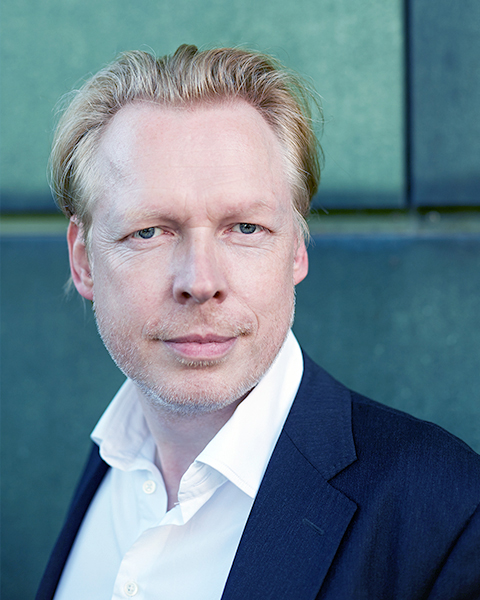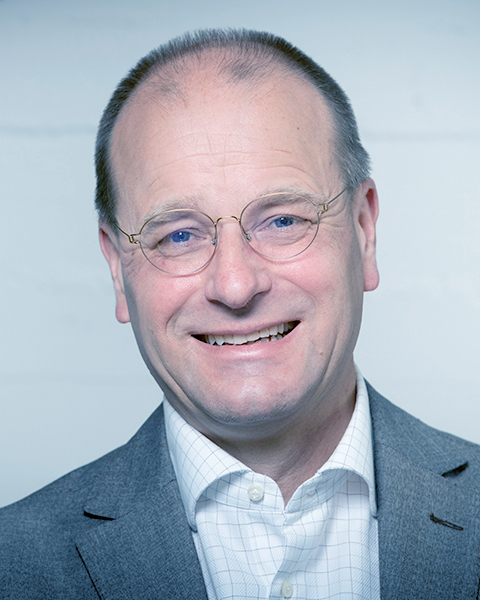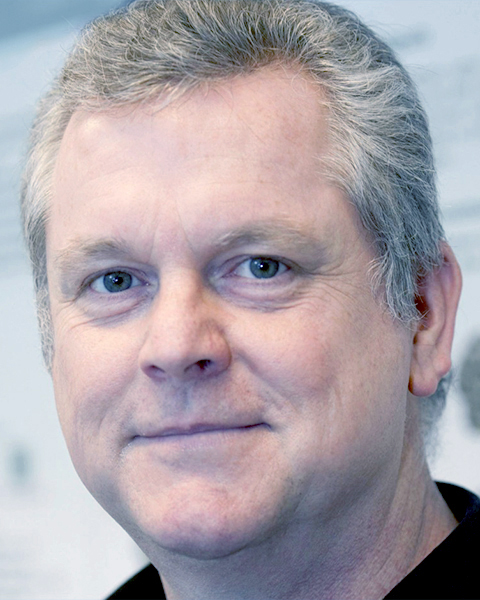
Network coordinator
Dept. of Psychiatry and Psychotherapy, Centre for Psychosocial Medicine, University Medical Centre Hamburg-Eppendorf
Contact
Tel.: +49 (0) 40 7410 – 52205
Mail: j.gallinat@uke.de

Dept. of Psychiatry and Psychotherapy, Neuroplasticity Research Group, Centre for Psychosocial Medicine, University Medical Centre Hamburg-Eppendorf & Max-Planck Institute for Human Development, Lise-Meitner group for Environmental Neurosciences
Contact
Tel.: +49 (0) 40 7410 – 24115
Mail: s.kuehn@uke.de

Centre for Lifespan Psychology, UCL Centre for Computational Psychiatry and Ageing Research, Max-Planck Institute for Human Development, Berlin
Contact
Tel.: +49 (0) 30 82406 – 572
Mail: mail@uke.de
Contact
Tel.: +49 (0) 40 7410 – 52205
Mail: j.gallinat@uke.de
Contact
Tel.: +49 (0) 40 7410 – 24115
Mail: s.kuehn@uke.de
Contact
Tel.: +49 (0) 30 82406 – 572
Mail: mail@uke.de

Institute of Psychology, Biological Psychology and Neuropsychology, University of Hamburg
Contact
Tel.: +49 (0)40 42838 – 3251
Mail: brigitte.roeder@uni-hamburg.de

Laboratory for Experimental Feto-maternal Medicine, Centre for Obstetrics and Pediatrics, University Medical Centre Hamburg-Eppendorf
Contact
Tel.: +49 (0) 40 7410 – 51998
Mail: p.arck@uke.de

Dept. of Neurophysiology and Pathophysiology, Centre for Experimental Medicine, University Medical Centre Hamburg-Eppendorf
Contact
Tel.: +49 (0) 40 7410 – 57752
Mail: ak.engel@uke.de
Contact
Tel.: +49 (0)40 42838 – 3251
Mail: brigitte.roeder@uni-hamburg.de
Contact
Tel.: +49 (0) 40 7410 – 51998
Mail: p.arck@uke.de
Contact
Tel.: +49 (0) 40 7410 – 57752
Mail: ak.engel@uke.de

Institute of Developmental
Neurophysiology, Centre for Molecular Neurobiology, University Medical Centre Hamburg-Eppendorf
Contact
Tel.: +49 (0) 40 7410 – 58966
Mail:hangop@zmnh.uni-hamburg.de
This research consortium is dedicated to the following aims:
The developing individual and brain are key in understanding mental health and its trajectories. Identifying early deviations from a ”healthy developmental trajectory’ allows for intervention before undesirable outcomes have occurred. Understanding the causes of individual differences in development forms the basis for the targeted, early promotion of mental health, and potentially the prevention of mental illness. The identification of ‘critical periods’ but also factors and mechanisms to promote neuroplastic and behavioural change across the lifespan offers more precise knowledge for targeted intervention to promote mental health.
J. Gallinat, S. Kühn, U. Lindenberger, B. Röder, and I. Hanganu-Opatz focus on investigating (a) how brain and behaviour change over time, including the fetal period and (b) how they are influenced by lifestyle and environmental factors such as physical exercise, habitual behaviour (e.g. daily routines), exploration, environmental enrichment vs. deprivation, and other factors. We are commited to transferring this knowledge to the next step: designing targeted interventions to foster neuroplasticity to promote desirable changes or outcomes.
For example, S. Kühn, J. Gallinat and U. Lindenberger employ custom-made video games to foster neuroplasticity in different brain areas in order to enhance cognitive functions; e.g. inhibition (impulse control), spatial navigation skills, memory function, and emotion regulation. According behavioural and neuronal changes are measured and linked to one another.
Within the context of the prospective PRINCE birth cohort, currently involving more than 750 mothers, lead by P. Arck, the MH-TRN focus group is collaborating in order to further study developmental brain trajectories related to cognitive function. Insights from this project will be highly valuable in identifying risk and protective factors in brain development and related mental health or illness.
Thorough investigation of brain development requires according methodological expertise. This is provided by A. Engel, who pioneered data-driven approaches for the analysis of brain connectivity. He is a leading expert in computational modeling and analyses of cortical network dynamics. U. Lindenberger contributes with his expertise concerning longitudinal (lifetime) brain imaging (incl. methods and computational models), which is crucial in order to be able to identify how different factors, including ageing, influence neuroplastic change.
ERC starting grant: Take control! Towards novel training regimes enhancing inhibition and impulse control in health and psychiatric disease. S. Kühn and her team develop and investigate different types of gamified trainings (using different modalities/ formats such as virtual reality, smart phone apps, computer games) to enhance inhibition in different populations/ conditions (e.g. alcohol use disorder, eating disorder).
ERC consolidator grant: PSYCHOCELL. This project is dedicated to the identification of early cerebral miswiring. I. Hanganu-Opatz and her team are investigating how aberrant networks form that underlie later mental illness, in great detail.
http://www.opatzlab.com
Collaborative Research Centre 936 (CRC 936): Multi-site communication in the brain. This project unites nearly all investigators from basic science of the MH-TRN. Cognitive processes, such as perception, memory, attentional control, emotion, decision making, action planning, or conscious awareness, are based on the activation of highly distributed networks involving numerous interacting neuronal assemblies in multiple regions of the brain. The essence of a normally functioning brain is correctly attuned connectivity. The overarching hypothesis pursued by the CRC 936 is hence that the crucial determinant of behavior is neuronal network interaction and not local processing. Research of the CRC is structured in three thematic areas: 1. Multi-site communication as a basis of cognition; 2. Multi-site interactions during development, plasticity and learning; 3. Altered multi-site communication in brain disorders/ mental illness, such as schizophrenia.
https://www.sfb936.net/
Life brain – Healthy minds from 0-100 years: Optimising the use of European brain imaging cohorts.
https://cordis.europa.eu/project/id/732592
CRC TRR 169 – Crossmodal learning: Adaptivity, Prediction and Interaction.
https://www.dfg.de/en/funded_projects/current_projects_programmes/list/projectdetails/index.jsp?id=261402652